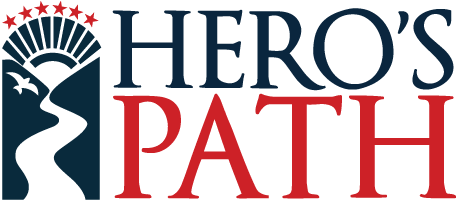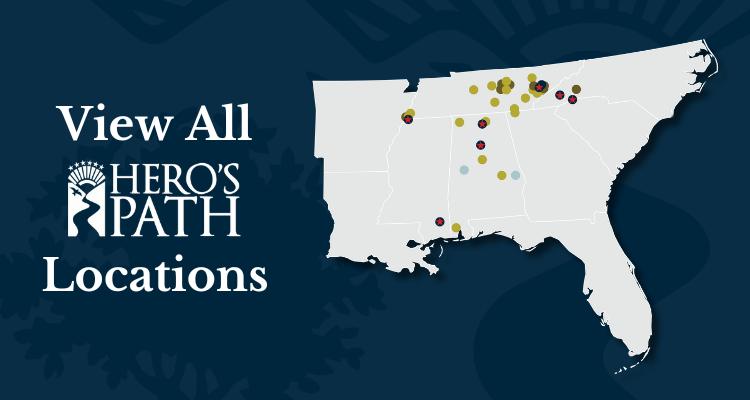The military is a unique world with its own culture, rules, and way of life. This special environment can have a big impact on both getting into addiction problems and finding a way out of them. Military culture plays a major role in the addiction and recovery of veterans. Understanding the difference in culture is vital for veterans and their families. Learning to overcome certain habits and disciplines can make navigating the road to recovery much easier.
The Military World and Its Challenges
The military is known for its discipline, structure, and a strong sense of community. Soldiers are trained to be tough, handle stress, and face challenges without showing weakness. While these traits are important for their job, they can also make it hard for soldiers to ask for help when they’re dealing with personal problems like addiction.
In the military, people often work in stressful and dangerous situations. Some use alcohol or other substances to cope with the stress, trauma, or injuries they experience. At first, it might seem like a way to make things easier, but it makes life much harder. Temporary relief from the drugs can quickly turn to dependence and start a path toward addiction.
The Numbers Tell a Story
Studies have shown that addiction can be a bigger problem for people who have served in the military compared to those who haven’t. For example, alcohol use is more common in the military community. According to the National Institute on Drug Abuse, heavy alcohol use is reported by 15% of military personnel, compared to 6.7% of the general population. At more than double the rate of heavy alcohol use, statistics show us that the unique pressures of military life lead to higher rates of alcohol use.
Alcohol is not the only substance that is used at a higher rate within the military population. Prescription drug abuse, especially pain relievers, has been on the rise among service members. Opioid usage often starts with a real need to manage pain from injuries but can quickly turn into addiction.
Asking for Help Can Be Tough
In military culture, there’s a big focus on being strong and self-reliant. Asking for help or admitting you’re struggling can feel like you’re not living up to those standards. Feelings of inadequacy often come as a result, making it hard for veterans to seek help for addiction. They might worry about being judged or seen as weak by their peers and leaders.
It is important for family and friends to support their loved ones through the process and encourage them to seek help. Creating a safe space where veterans can talk about their struggles without fear of judgment is key to helping them start their recovery journey.
Recovery: A Different Kind of Battle
Recovery from addiction is possible, but it’s a different fight than veterans have faced before. Obtaining and maintaining a sober lifestyle requires courage, patience, and support. For veterans, the sense of discipline and teamwork they learned in the military can be a helpful tool in their recovery if they know how to apply them. These qualities can help them stick to their treatment plans and support each other through tough times.
The best way to ensure a strong foundation for recovery is to attend an addiction treatment program. Programs like Hero’s Path were designed specifically for veterans with an understanding of their unique challenges. These programs use a mix of treatment methods, including therapy, support groups, and medications, if needed, to help veterans overcome addiction. They also focus on treating other issues like PTSD, which is common among veterans and can make one’s addiction worse.
The Role of Family and Community
Families and communities play an important role in supporting veterans through the recovery process. Just like in the military, having a strong support system can make a big difference. Families can learn about addiction and recovery to better understand what their loved ones are going through. Knowledge about this disease can help them provide the right kind of support and encouragement.
Finding Help for Addiction
The impact of military culture on addiction and recovery is significant. Still, by understanding these challenges, we can better support our veterans. Let’s work together to create a community where asking for help is seen as a courageous act and where every veteran has the support they need to overcome addiction and move forward in life.
For veterans struggling with addiction, it’s important to remember that asking for help is a sign of strength, not weakness. Recovery is a journey; taking it one step at a time is okay. Many people and programs are ready to support you on this path. Together, we can make a difference in the lives of those who have served our country.






